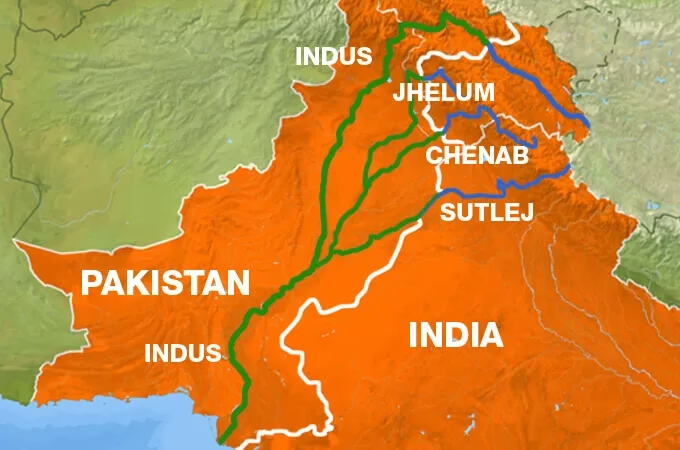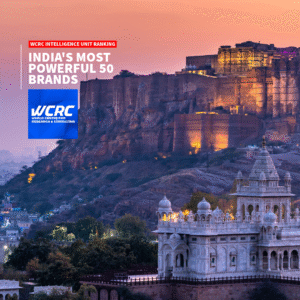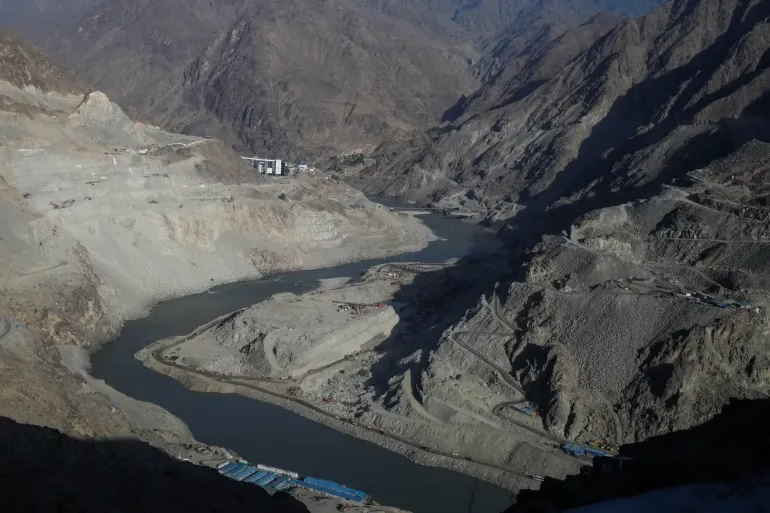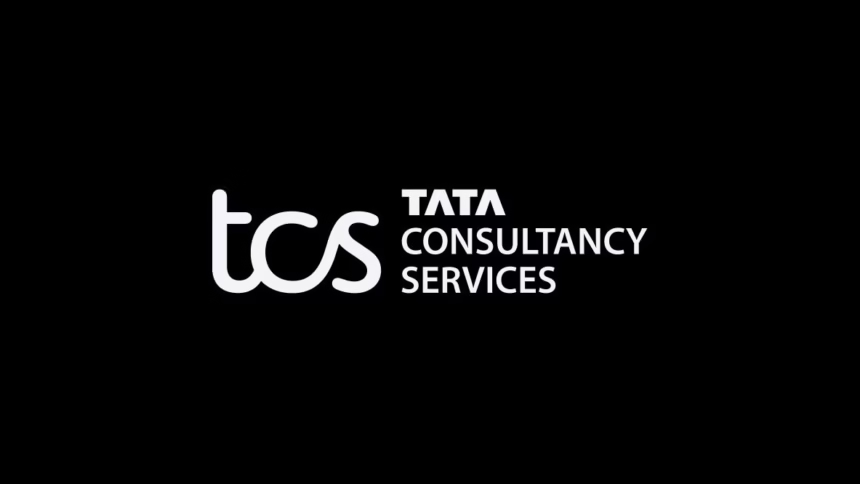New Delhi has finally done what it should’ve done years ago. By withdrawing from the Indus Waters Treaty, India has turned the tap off—and turned up the pressure. The fallout? Economic implosion in Pakistan.
The Treaty Is Dead. And So Is Pakistan’s Water Security.
After over six decades of restraint, India has pulled the plug.
- New Delhi has finally done what it should’ve done years ago. By withdrawing from the Indus Waters Treaty, India has turned the tap off—and turned up the pressure. The fallout? Economic implosion in Pakistan.
- The Treaty Is Dead. And So Is Pakistan’s Water Security.
- This Was Never a Water Treaty. It Was a Strategic Handcuff
- The Immediate Impact: Taps Run Dry, Turbines Go Silent
- $15 Billion and Counting—The Cost of India’s Exit
- Why This Move Was Long Overdue
- Pakistan’s Economy: Now on Life Support
- Water Is the New Weapon—And India Just Used It
In a bold and calculated move, New Delhi has formally exited the Indus Waters Treaty (IWT)—a Cold War-era agreement that gave Pakistan exclusive rights over three major rivers, despite India being the upstream power. For years, India tolerated cross-border terrorism, diplomatic hostility, and proxy war. Now it has responded—not with missiles, but with meters and megawatts.
And the world is finally seeing what real leverage looks like.

This Was Never a Water Treaty. It Was a Strategic Handcuff
Let’s not sugarcoat it. The IWT was never about peace—it was about appeasement.
Signed in 1960, the treaty gave Pakistan 80% control of the Indus basin while India, the source of the rivers, sat back and played the nice guy. For decades, India held its fire—even while Pakistan waged hybrid wars through insurgents and terror cells.
But patience has a limit. And now, so does the water flow.
The Immediate Impact: Taps Run Dry, Turbines Go Silent
With India’s withdrawal, dam construction on western rivers has accelerated. Projects like Kishanganga, Ratle, and Pakal Dul are being fast-tracked, water is being diverted for Indian agriculture and hydropower, and flow control is now a matter of national security—not negotiation.
Here’s what’s happening on the ground in Pakistan:
- Irrigation Chaos: Over 90% of Pakistan’s crops rely on the Indus system. Punjab and Sindh—its agricultural heartland—are already reporting water stress. Wheat yields are plummeting. Food prices are soaring.
- Power Blackouts: One-third of Pakistan’s electricity comes from hydropower. As river flows slow, energy production is collapsing. Load shedding is back, factories are shutting down, and industry is choking.
- Export Meltdown: The textile industry—responsible for over 60% of Pakistan’s exports—is paralyzed. No water, no cotton processing. No power, no production. Global buyers are pulling out. Orders are vanishing.
- Inflation Explosion: With food and energy supplies disrupted, inflation is spiraling. Essential goods are now luxury items for the average Pakistani household.
$15 Billion and Counting—The Cost of India’s Exit
Economists estimate that India’s withdrawal from the IWT will cost Pakistan at least $15 billion annually in direct economic loss—likely much more when you account for ripple effects across agriculture, energy, exports, and jobs.
Meanwhile, India gains billions in hydropower potential, agricultural yield, and regional dominance—without breaking a single international law. After all, treaties can be withdrawn from, especially when the other party has repeatedly violated trust.
This isn’t retaliation. It’s strategy.
Why This Move Was Long Overdue
Let’s be clear: India didn’t start this escalation. Pakistan did—decades ago.
From hosting terror training camps to exporting extremism into Kashmir and beyond, Pakistan has exploited diplomacy as a shield while waging asymmetric war. The Indus Waters Treaty became a symbol of Indian patience. Now, it’s a symbol of Indian power.
For years, New Delhi built leverage—dams, reservoirs, legal claims—quietly and methodically. Now that the tap is in India’s hands, Islamabad is learning the hard way what upstream dominance really means.
Pakistan’s Economy: Now on Life Support
Already teetering, Pakistan’s economy is unraveling in real-time:
- Foreign reserves are drying up, fast.
- Inflation has crossed 30%.
- The IMF is hesitant. China’s quiet. And the Gulf is distracted.
Now add a water crisis to that mix? It’s not just a downturn—it’s a collapse. Agriculture, exports, energy—everything Pakistan needs to survive—is tied to rivers India now controls.
Pakistan has run out of options. And it’s running out of water.
Water Is the New Weapon—And India Just Used It
While global powers debated sanctions and summits, India took the only action that truly mattered: controlling the flow of life itself.
Walking away from the Indus Waters Treaty wasn’t just a political decision. It was an economic masterstroke. And in a world where wars are fought in boardrooms and pipelines—not just battlefields—India has just reshaped the geopolitical map of South Asia.
No bombs dropped. No soldiers mobilised. Just one signature—and the collapse began.
#IndiaFirst #IndusWatersTreaty #WaterWar #GeopoliticalStrategy #PakistanCollapse #SouthAsiaCrisis #ForbesOpinion #HydropowerDiplomacy #GameChanger









